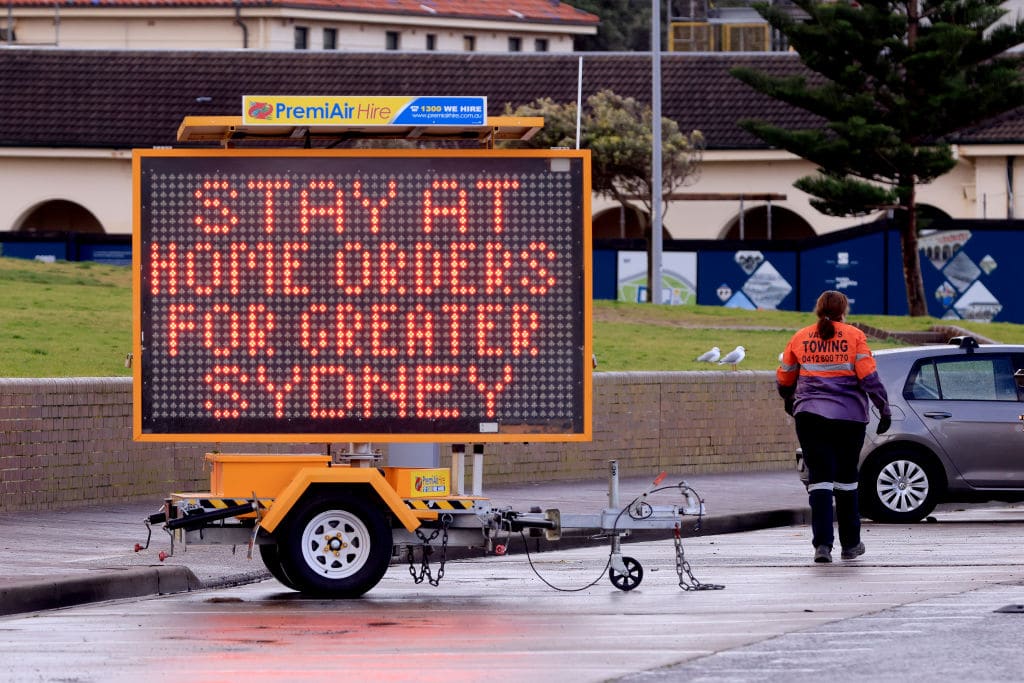In April 2014, city authorities in Portland, Oregon drained a reservoir of 140 million litres of drinking water. Why? Because closed-circuit television revealed that a teenager had urinated in it.
Was the pee-laced water a health hazard? One wag at the time estimated that the reservoir was 3 parts per billion boy-urine, whereas the World Health Organization’s recommended limits on, say, arsenic is 10 ppb.
This absurd decision illustrates an important point about – seemingly – government everywhere these days: those in power seem unable to make rational decisions about managing risk. The operating maxim appears to be that any risk that can be eliminated must be eliminated, regardless of the cost. As in Portland, this principle can be applied on occasions with bizarre results.
As large parts of Australia entered cryogenic suspension this week in the face of a small number of community transmissions of Covid-19, the question can legitimately be asked: are we properly weighing the costs of a lockdown against the health risks?
Melbourne, Brisbane and Perth have each been locked down twice this year for as little as a single community infection. A lockdown in Adelaide last year was triggered by a false alarm at a pizza parlour.
When a person with Covid is identified as having been in the community, the first line of defence is to trace the people and places he or she is likely to have been in contact with, and isolate those contacts. That’s the point of the check-in apps we are using multiple times every day.
That system is sophisticated and reasonably effective. It stands a very good chance of containing any potential community outbreak. The next-level response is to impose lockdowns of whole suburbs or even cities. That response is effective but hugely costly, a bit like napalming a forest to kill a feral fox.
The economic and social costs of lockdowns are enormous. They have already killed countless small businesses and cost thousands of jobs. Measures such as JobKeeper have mitigated this devastation, but the cost of such remedies is yet to be faced. Our children and grandchildren will be paying for these emergency measures decades from now.
Lockdowns should be the last resort, not the first line of defence. Some Australian states have applied this principle, others have not. Premiers like Queensland’s Palaszczuk have a trigger finger that would do Wyatt Earp proud. Stopping women in labour at the Queensland border and denying parents the right to see, much less hold, their newborn premature baby born during hotel quarantine were stunts, a grotesque overreaction to the risk these cases presented.
Until recently, Premier Berejiklian has used lockdown more cautiously; there is no evidence NSW people got any sicker because of this approach, and they are certainly economically better off because she refrained from overreacting.
Is the present lockdown warranted? Perhaps. But when the pandemic is over, we need a frank assessment of whether – with hindsight – a poor appraisal of risk did unnecessary damage.
Editor’s note: The opinions expressed in this column are those of the author and do not necessarily reflect those of Canberra Daily.
Get all the latest Canberra news, sport, entertainment, lifestyle, competitions and more delivered straight to your inbox with the Canberra Daily Daily Newsletter. Sign up here.
More from Gary Humphries:



